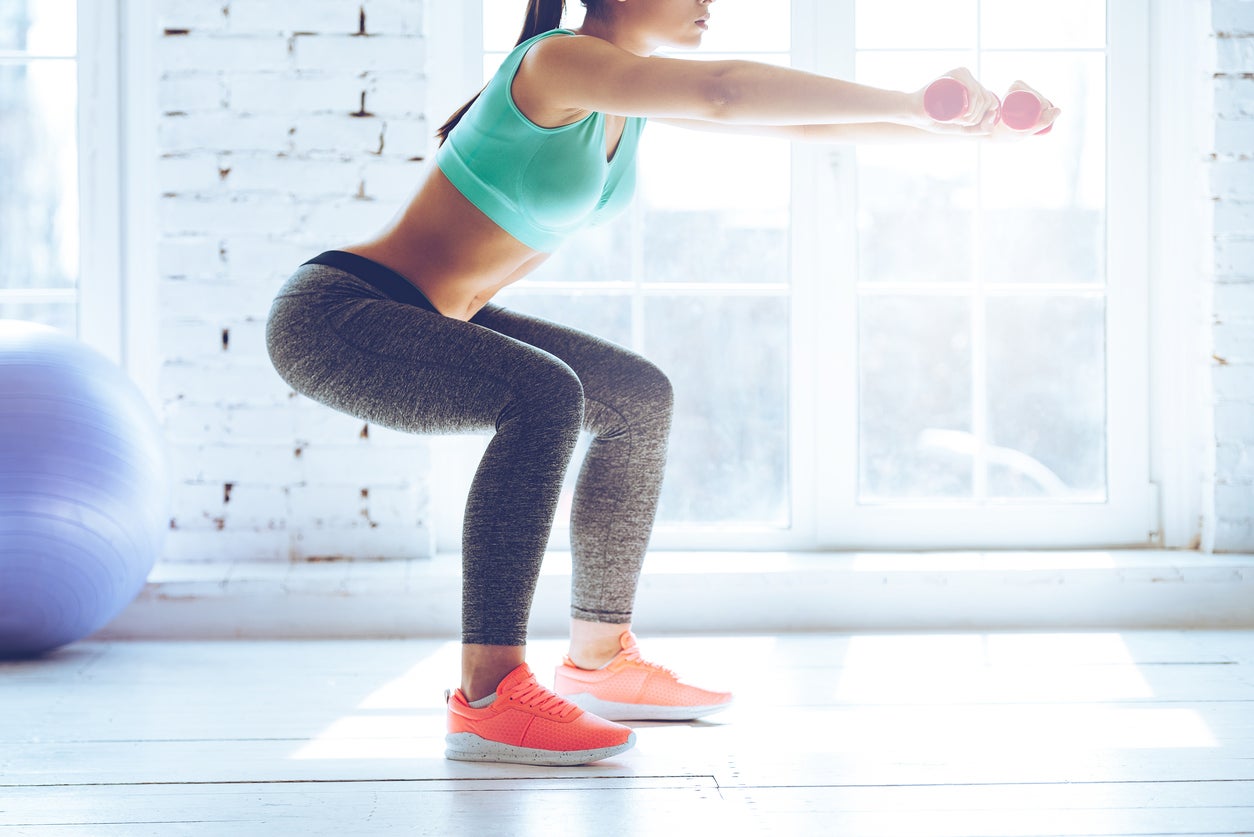Women with muscular physiques now more attractive than thin peers, finds study
#strongnotskinny

Your support helps us to tell the story
From reproductive rights to climate change to Big Tech, The Independent is on the ground when the story is developing. Whether it's investigating the financials of Elon Musk's pro-Trump PAC or producing our latest documentary, 'The A Word', which shines a light on the American women fighting for reproductive rights, we know how important it is to parse out the facts from the messaging.
At such a critical moment in US history, we need reporters on the ground. Your donation allows us to keep sending journalists to speak to both sides of the story.
The Independent is trusted by Americans across the entire political spectrum. And unlike many other quality news outlets, we choose not to lock Americans out of our reporting and analysis with paywalls. We believe quality journalism should be available to everyone, paid for by those who can afford it.
Your support makes all the difference.Thin is no longer considered the most attractive body shape for women, a study has found.
According to research from the University of Missouri-Kansas City, beauty ideals are changing, with increasing emphasis now being placed on bodies that are fit, toned, muscular and healthy.
The shift in attitudes coincides with an increasing number of women discovering the benefits of weight-training in the gym, “fitspiration” Instagram accounts and #strongnotskinny trending on social media.
Lead study author Frances Bozsik explains that “thin and toned” is now the physique women are aspiring to achieve.
By assessing photos of the competitors taking part in the beauty pageant Miss USA, participants in the study (78 undergraduate women) helped researchers establish that winners have become more muscular in recent years.
In a second part of the study, 64 undergraduate students were shown pictures of 14 women. There were two pictures of each woman - one version depicting her real body, and another where any muscular definition had been digitally removed.
This resulted in one “thin only” image, and another “toned and thin” picture.
When participants were shown each image individually, there was no difference in how each was rated. However when participants were shown the twin images side by side, the more muscular versions of the women were deemed to be more attractive.
“There is a shift in the thin ideal female figure to one that now includes the appearance of physical fitness via muscularity,” says Bozsik.
But she also suggests that amongst female celebrities, thinness and muscularity are becoming ubiquitous.
What’s more, she warns of the dangers of “fitspiration” posts on social media.
“These websites allow individuals to collect images of women with whom they identify or admire, essentially allowing them to cultivate their own media repertoire of highly salient thin and fit media,” Bozsik says.
“This process of selecting preferred images and then narrowing the media focus by placing these images on their ‘boards’ may inadvertently increase the risk of developing higher levels of body dissatisfaction, as well as subsequent disordered-eating behaviours that are linked to it.”
Despite the study’s findings, social media is also facilitating the rise of body positivity, which encourages both women and men to embrace their stomach rolls, cellulite and wobbly bits.
Because even if having a toned body is healthier than an emaciated one, it’s still a beauty ideal that is far away from many women’s natural physiques.
Many of us may never have thigh gaps and defined abs, but that doesn’t mean we’re not beautiful.
Join our commenting forum
Join thought-provoking conversations, follow other Independent readers and see their replies
Comments